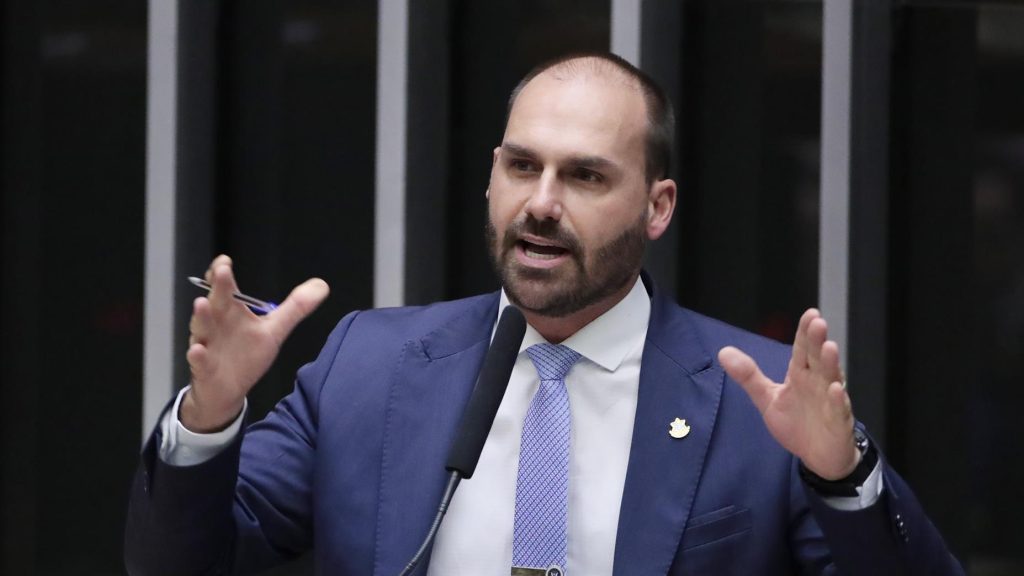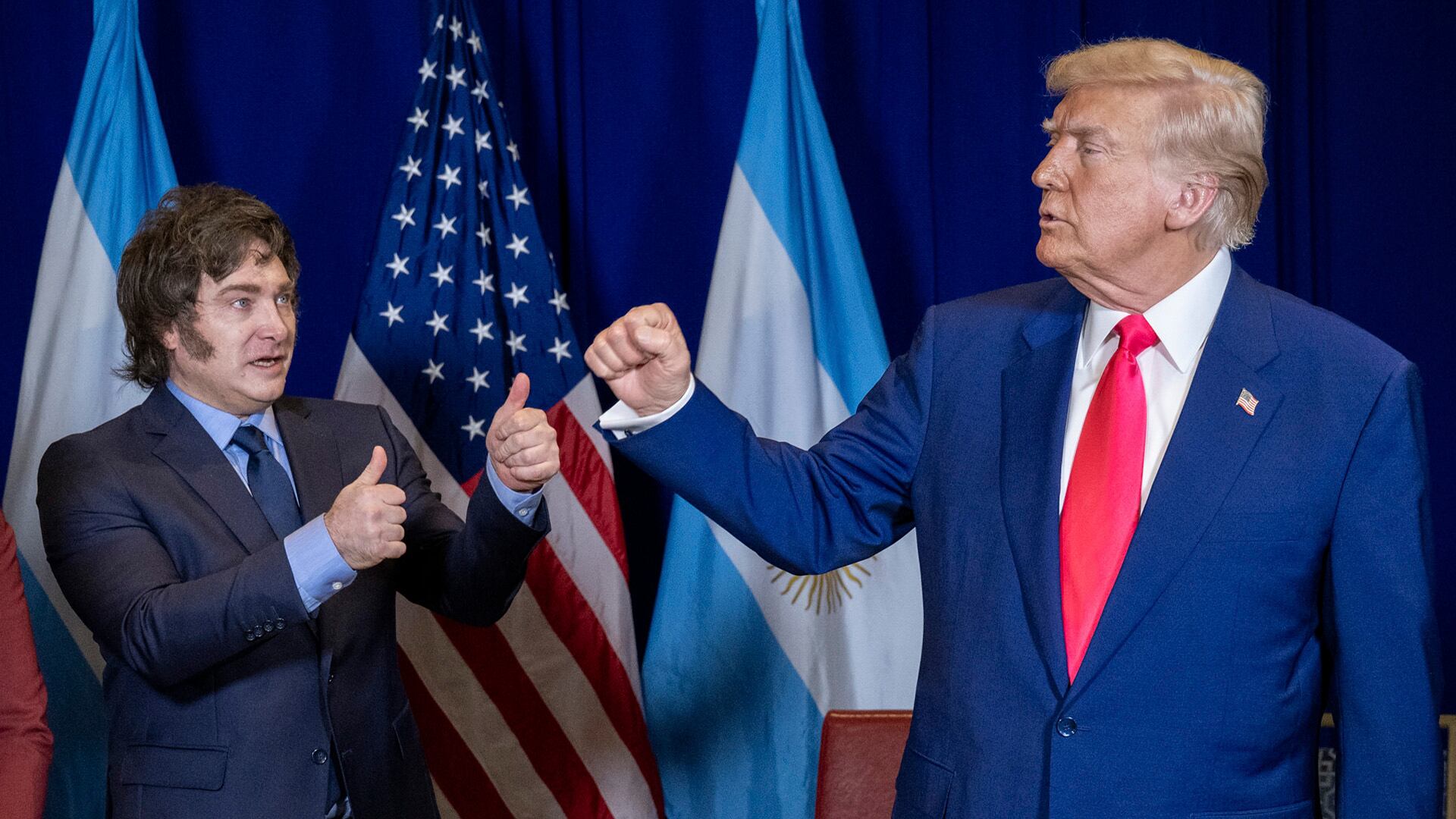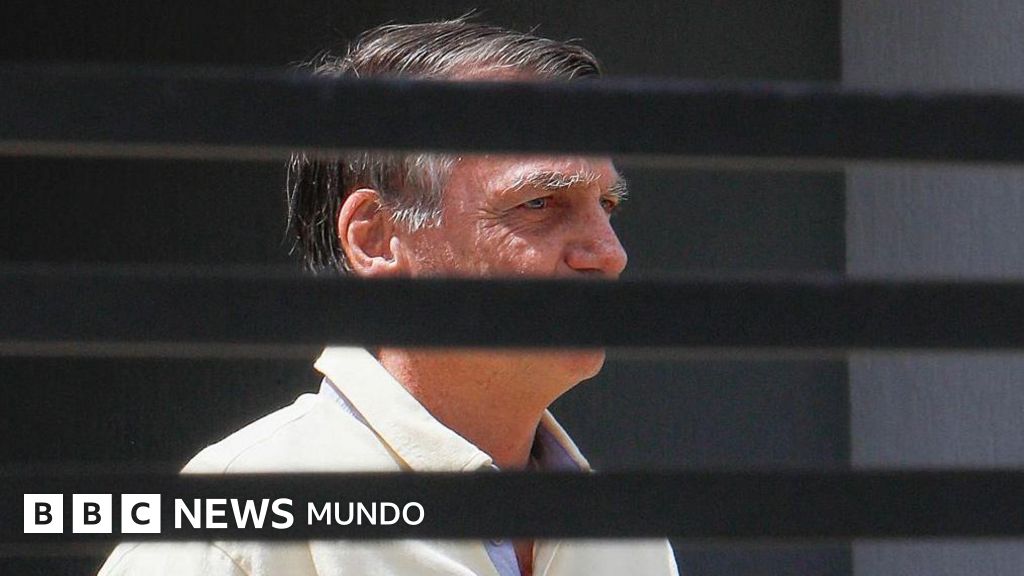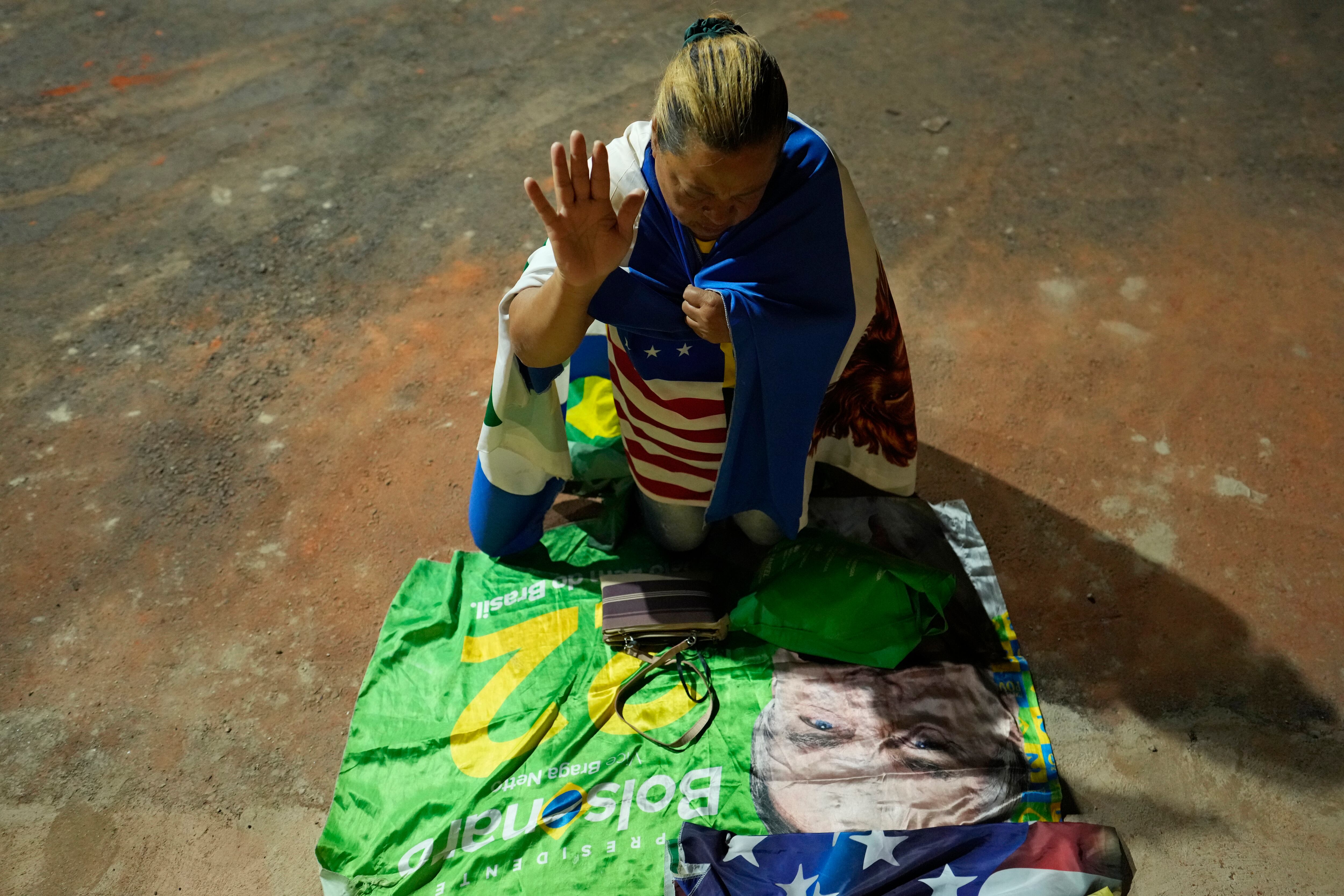Trump Administration Sanctions Wife of Brazilian Supreme Court Justice Alexandre de Moraes
The Trump administration has escalated tensions with Brazil by imposing sanctions on Viviane Barci de Moraes, the wife of Supreme Court Justice Alexandre de Moraes. The move, announced on September 22, 2025, involves the application of the Global Magnitsky Act, which targets individuals accused of human rights violations and corruption. The action also affects the Lex Institute of Legal Studies, an entity linked to the Moraes family.
Details of the Sanctions
The sanctions freeze any assets that Viviane Barci de Moraes and the Lex Institute may have in the United States and restrict their ability to conduct financial transactions in dollars. This includes the use of international credit cards like Visa and Mastercard. The U.S. Treasury Department accuses Alexandre de Moraes of "an oppressive campaign of censorship, arbitrary detentions, and politicized processes," including those against former President Jair Bolsonaro.
- Freezing of assets under U.S. jurisdiction.
- Restrictions on dollar-denominated financial transactions.
- Potential impact on the Lex Institute's international partnerships and operations.
Brazilian Reactions and International Context
The Brazilian government, through the Itamaraty, has reacted with "deep indignation" to the sanctions, viewing them as undue interference in Brazil's internal affairs. Gilmar Mendes, a senior justice on the Supreme Court, called the sanctions an affront to Brazil's sovereignty. The move comes on the eve of President Luiz Inácio Lula da Silva's address to the UN General Assembly, adding diplomatic strain between Brazil and the U.S.
"Manifesto minha irrestrita solidariedade ao ministro Alexandre de Moraes e à sua família diante da injusta sanção aplicada por governo estrangeiro. Trata-se de medida arbitrária, que afronta a independência do Poder Judiciário e viola a soberania do Brasil." - Gilmar Mendes, Ministro do STF.
Eduardo Bolsonaro's Role and Potential Motivations
Eduardo Bolsonaro, a Brazilian congressman and son of Jair Bolsonaro, has admitted to suggesting to the Trump administration that sanctioning only Alexandre de Moraes would be "counterproductive." He described Viviane Barci de Moraes as the minister's "financial arm." Some observers believe the sanctions are aimed at pressuring Brazil to grant amnesty to those involved in the January 8th events.
The Magnitsky Act: A Tool for International Sanctions
The Magnitsky Act, enacted in 2012, allows the U.S. to impose sanctions on foreign individuals accused of human rights abuses and corruption. The law, named after Russian lawyer Sergei Magnitsky, who died in prison after exposing corruption, has been used against officials in various countries. However, its application to a sitting justice in a democratic country like Brazil is unprecedented and has sparked debate about its appropriate use.
| Key Figure | Position | Alleged Action |
|---|---|---|
| Alexandre de Moraes | Ministro do STF | "Oppressive campaign of censorship, arbitrary detentions, and politicized processes" |
| Viviane Barci de Moraes | Advogada | Alleged financial link to Alexandre de Moraes |
| Eduardo Bolsonaro | Deputado Federal | Lobbying the U.S. government for sanctions |
Potential Consequences and Future Outlook
The sanctions could further strain relations between the U.S. and Brazil. The Brazilian government may retaliate with trade measures. The legal and political ramifications are significant and could influence ongoing judicial processes in Brazil. Alexandre de Moraes has stated that he will not be intimidated by the sanctions and will continue to perform his constitutional duties.
PGR Accuses Eduardo Bolsonaro of Coercion in STF with American Sanctions
The Procuradoria-Geral da República (PGR) formalized a complaint against Eduardo Bolsonaro for coercion in a judicial process, alleging that he sought economic and personal measures against Brazilian authorities to interfere in the trial of his father, ex-President Jair Bolsonaro. The Supreme Court (STF) has received this document, highlighting contacts with high-ranking officials in the U.S. government.
Key Allegations and Evidence
According to the Attorney General Paulo Gonet, Eduardo Bolsonaro's strategy included explicit threats of sanctions. Eduardo, operating from Washington, D.C., published celebratory messages about these retaliations, reinforcing evidence collected by the Polícia Federal. Key targets of these threats included ministers of the STF, particularly Alexandre de Moraes.
- Allegations of threatening sanctions that affect not only the Judiciary but the entire country.
- Evidence includes WhatsApp messages from Jair Bolsonaro's phone.
- Ally involved: Paulo Figueiredo, a blogger who collaborated with Eduardo Bolsonaro.
Timeline of Events and Sanctions Imposed
The retalitory measures began with the announcement of 50% tariffs on Brazilian imports. The suspension of visas for eight ministers of the STF and their families followed. The application of the Global Magnitsky Act against Alexandre de Moraes, and later his wife Viviane Barci de Moraes, marked a significant escalation.
| Date | Action | Impact |
|---|---|---|
| July 9 | Tariffs on Brazilian imports (50%) | Economic impact on Brazilian exports |
| July 18 | Suspension of visas for STF ministers | Restrictions on travel for officials and families |
| July 30 | Magnitsky Act applied to Alexandre de Moraes | Asset freeze and financial restrictions |
| September 22 | Magnitsky Act applied to Viviane Barci de Moraes | Expanded sanctions to family members |
Political Reactions and Economic Consequences
The accusations have sparked reactions within the Congresso Nacional, where Eduardo Bolsonaro leads the opposition in the Câmara. Allies minimize the charges, while opponents call for swift action from the STF. The Lula government is monitoring the situation, fearing escalating sanctions. Economic sectors, particularly agriculture, anticipate effects from these actions.
STF Responds to Sanctions
The Supreme Federal Court (STF) issued an official statement on Monday, September 22, classifying the United States government's decision to impose sanctions on Alexandre de Moraes' wife and an institute linked to his family as "unfair." The court argues that these measures are based on external political pressure and not substantiated facts.
Key Points from the STF Statement
According to the statement, American authorities were misled by a narrative that does not reflect the reality. The court emphasized that the overwhelming majority of Brazilian society recognizes the historical importance of condemning those responsible for attempting to disrupt democracy. The statement further asserts that the legal process observed due process, providing full defense rights and public transparency.
- Sanctions seen as a result of external political pressure.
- U.S. authorities accused of being swayed by a false narrative.
- STF emphasizes due process in convicting those who attempted to disrupt democracy.
Reactions and Pressures
These sanctions come in the wake of moves by Deputy Eduardo Bolsonaro and businessman Paulo Figueiredo Filho, who are in Washington advocating for restrictions on Brazilian authorities to press for amnesty for ex-president Jair Bolsonaro, sentenced to 27 years and three months in prison for attempting a coup d'état. The STF highlights that the decision by the U.S. ignores the democratic context in Brazil and disregards the legitimacy of the judicial process.
 Visit the website
Visit the website







